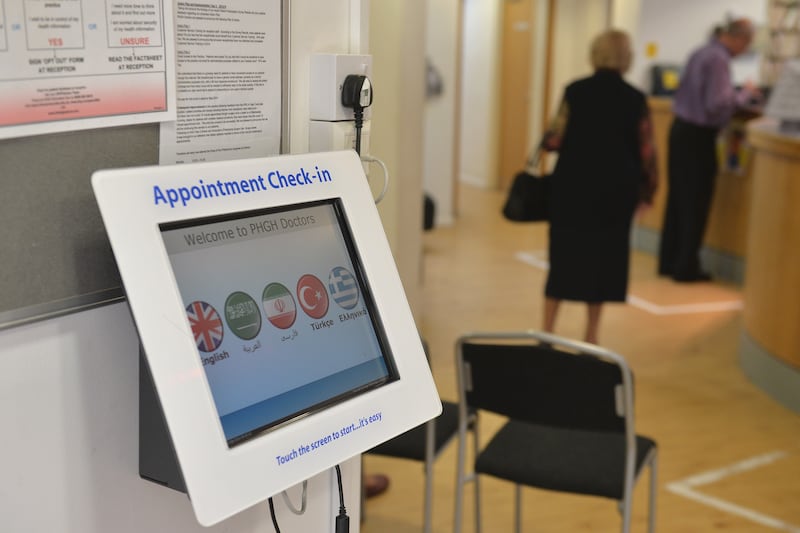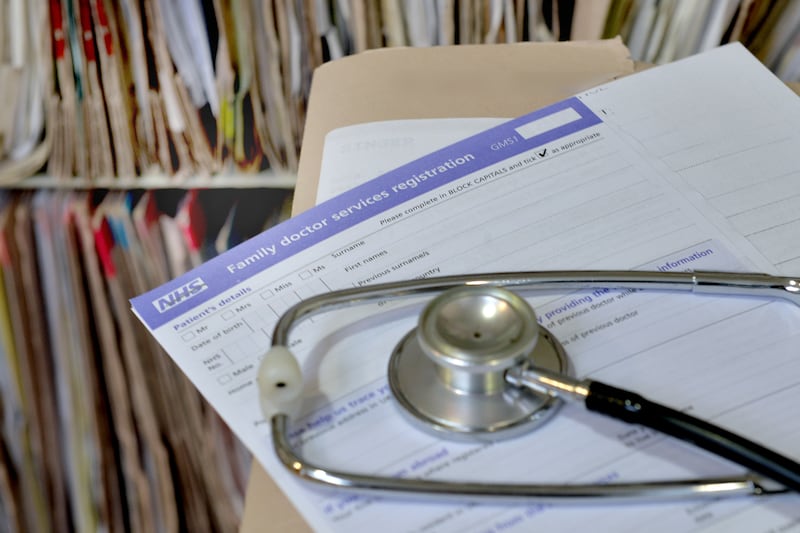EVERY GP in Northern Ireland is to receive guidance on how to better manage their workload to ensure patient safety is maintained in the face of the increasing work pressures.
The British Medical Association (BMA) is to send the information to all GPs.
Dr Tom Black, chair of BMA Northern Ireland's GP Committee, said the "bottom line is we don't have enough GPs in Northern Ireland and we are not training enough GPs".
The guidance covers areas such as reducing clinical workload that is inappropriate for GPs as well as reviewing and limiting voluntary additional work or enhanced services.
It also includes measures to cease unfunded and under resourced work that takes GPs away from their core duty of care to patients.
The guidance also outlines ways to work with patients to empower them with appropriate self-care and management skills.
Dr Black said: "We have been warning for some time now that GP practices in Northern Ireland are close to breaking point.
"Over the past 10 years the number of consultations with patients has increased by 63 per cent.
"We are issuing 39 million prescriptions every year. We know that GPs are now in a situation where they are having to make tough choices about the services they are able to deliver.
"This guidance outlines the best way to make those choices, without compromising patient safety.
"The bottom line is we don’t have enough GPs in Northern Ireland and we are not training enough GPs.
"This in turn impacts on the services existing GP practices can provide so we have to ensure that GPs are prioritising their work."
The development came as a report out today reveals that more than 40 per cent of adults visiting emergency departments in the UK over the past year could have been prevented.
It found the most common reason for people visiting A&E was due to referrals by their GP.
The report has revealed the most frequent users of A&E are those aged 34 and under with nearly one in ten of their visits being driven by drug or alcohol related injuries.
James Sweatman from Opinium Research, which compiled the report, said: "Our study suggests that a significant proportion of the pressures placed on A&E units across the UK are avoidable.
"Younger generations, who are used to on-demand services, fast outcomes and convenience in other parts of their lives, are opting to bypass the GP appointment queue and head straight to hospital departments instead."








